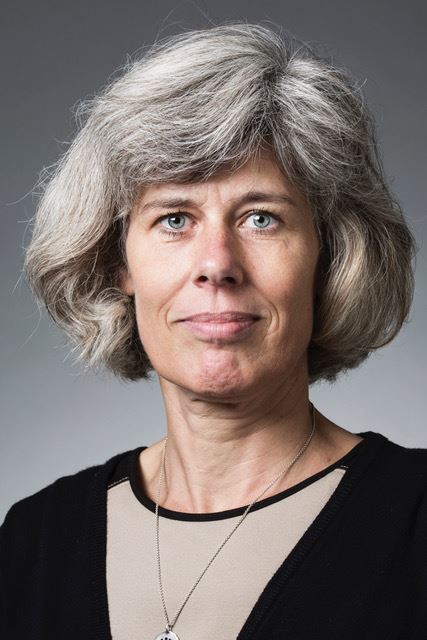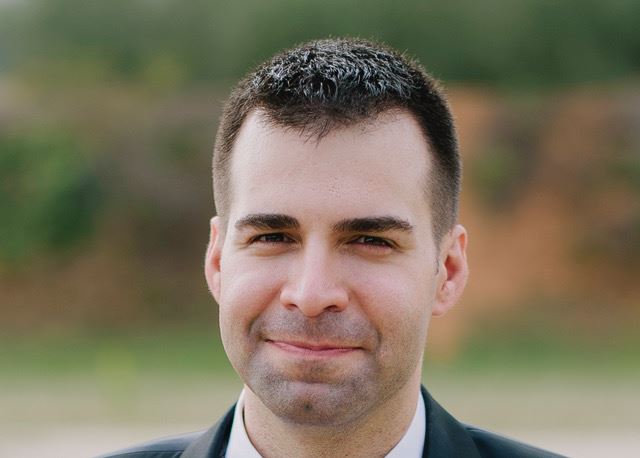Interview with TWG chair Daniel Nölleke (University of Vienna, Vienna, Austria) and vice-chairs Kirsten Frandsen (Aarhus University, Aarhus, Denmark) and Xavier Ramon (Universitat Pompeu Fabra, Barcelona, Spain)
How did the idea of establishing this TWG arise?
 Nowadays, mediated sport is literally unavoidable – no matter whether you do sports yourself and employ media technologies, or whether you follow sports as a spearch. While other international academic associations like the ICA and IAMCR have already established divisions and interest groups dedicated to research on the nexus of communication and sport, ECREA had not yet done so. But we believe that there is the need for a forum which provides European researchers with the opportunity to share and discuss their research on the realm of European sports – which differs enormously from US sports. Hence, already two years ago, Daniel came up with the idea of pooling European research on sports communication by proposing a new ECREA Temporary Working Group. Back then, we simply did not find the time to submit a proposal for a new TWG. But now we did – and we are very happy and grateful that this initiative has been successful.ctator via mass media. This close relationship between sport and media offers a wealth of approaches for scientific research. And indeed, there are numerous colleagues who – like the three of us – address this topic in their rese
Nowadays, mediated sport is literally unavoidable – no matter whether you do sports yourself and employ media technologies, or whether you follow sports as a spearch. While other international academic associations like the ICA and IAMCR have already established divisions and interest groups dedicated to research on the nexus of communication and sport, ECREA had not yet done so. But we believe that there is the need for a forum which provides European researchers with the opportunity to share and discuss their research on the realm of European sports – which differs enormously from US sports. Hence, already two years ago, Daniel came up with the idea of pooling European research on sports communication by proposing a new ECREA Temporary Working Group. Back then, we simply did not find the time to submit a proposal for a new TWG. But now we did – and we are very happy and grateful that this initiative has been successful.ctator via mass media. This close relationship between sport and media offers a wealth of approaches for scientific research. And indeed, there are numerous colleagues who – like the three of us – address this topic in their rese
What is the role of sport in our society?
Sport clearly is an essential element of culture around the world. As a growing social and economic phenomenon, it plays a key role in contemporary societies. Notably, the European Commission ascribes to sport the potential to make an important contribution to the European Union’s objectives of solidarity and prosperity.
The importance of sport is demonstrated on the one hand by the fact that it is consumed on a massive scale – either on-site in sports arenas or via mass media. Sporting success has the potential to shape the identity of entire nations. Sport fosters and even initiates the overcoming of borders and can have enormous integrative effects. At the same time, sport is actively practiced by a tremendous number of people – not necessarily on a competitive level, but also by jogging or going to the gym. Interestingly, such sporting activities mirror societal change – e. g. processes of individualization or changed requirements in performance societies.
But sport does not only shape everyday culture. It also affects other social spheres as it has become subject to discussions and decisions in the political, judicial, as well as the economic spheres of contemporary societies.
What is the relationship between media and sport?
The societal role of sport is inextricably linked to the potentials of mediated communication. In this day and age, it is mediated sports that form a constituent part of popular culture: sport is distributed, consumed and even practiced via media. We currently witness a process which we call the mediatization of sports. Athletes, clubs and federations increasingly employ social networks and take measures to increase visibility in sports coverage. Sports fans have unprecedented opportunities to receive sport-related information and to follow sports from all over the world. Coverage of huge sport events such as the FIFA World Cup achieves record-breaking ratings, and sports stars are among the most popular actors on social media platforms. But media do not only affect professional high performance sports; they also shape individual sporting activities as everyday people increasingly use digital media technologies to track and share training progress. Apparently, media have an increasing meaning for sports – and the same is true the other way around: sport has proven to be the driving force behind the emergence of new media. For many outlets, sport is premium content. And in many countries, famous sports journalists have reached celebrity status.
What are the key plans for your TWG?
We are looking forward to the very first panel in the history of our TWG which will be held at the ECC in Braga 2020. In our call for papers we refer to the still growing number of communicators who are now present in the European sports media landscape and represent a range of very diverse agendas in relation to sport and its audience. We pick up on ECC’s main theme and address how such a diversified landscape of sports communication relates to the issue of trust. For spring 2021, we are planning the first conference organized by the TWG.
In general terms, we strive to provide a platform to share and discuss pan-European research on all kinds of issues related to mediated communication and sport. Moreover, we want to build a network of European researchers to bundle expertise and to stimulate collaborative projects to facilitate grant applications and enhance global visibility. In this regard, it is a main objective of the TWG to encourage joint publication efforts such as thematic issues of academic journals or edited books.
Our special concern is to initiate contacts with sports media professionals and exchange academic and practical expertise on sports communication.
 What is your personal relation to sport?
What is your personal relation to sport?
Ideally, you have the privilege to occupy yourself professionally with topics that you are also personally interested in. This also applies to academia: research ideas often result from everyday observations. Indeed, our scientific interest in sport is also strongly linked to a personal passion for sport. We all do sport – but rather as a hobby than on a competitive level. However, as huge sports fans we follow a wide variety of sports through most different channels. And then you happen to come across new sporting competitions such as parallel slaloms in skiing or mixed relays in athletics. Or you are surprised about Cristiano Ronaldo’s efforts on social media; you shake your heads when listening to the empty phrases of “expert” statements by former athletes. This all relates to sports communication – and as communication scholars we have the privilege of researching such phenomena.
Are the fields of academia and sport compatible?
First of all, as a social phenomenon sport is a highly relevant subject of academic research. Even though sport is sometimes (by the way, also in journalism) considered to be a toy department, it has long been shown that enormously relevant research is carried out here. The importance of sport in academia is also indicated by the fact that there are now yoga classes at major conferences, that academics arrange football matches with international colleagues or meet up for jogging before a long and tough conference day. And since major sporting events often take place in parallel to conferences, sport is always a good topic of conversation for the coffee break – or you watch games together in the evening. And finally, the academic race for publications, positions, and awards resembles sporting competitions for trophies, doesn’t it?
How many people are in your TWG? Can ECREA members join your TWG?
We just started our TWG. Hence, at the moment we still do not have enough members to set up several football teams :-). But as many other ECREA sections and TWGs also deal with sport-related issues we are confident that our team squad will grow rapidly. Because the answer to your question is of course: yes, we invite all ECREA members who are interested in sports communication to join our TWG.
Pictures: Daniel Nölleke, Kirsten Frandsen and Xavier Ramon